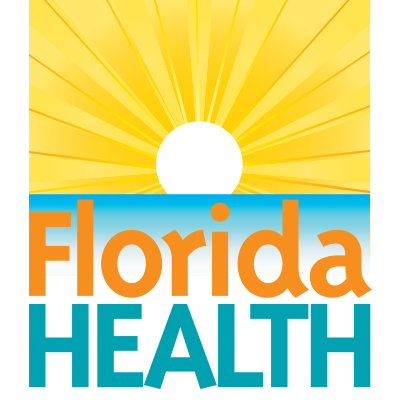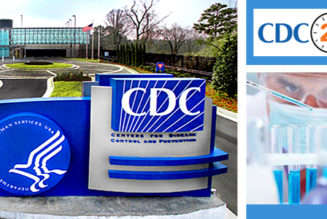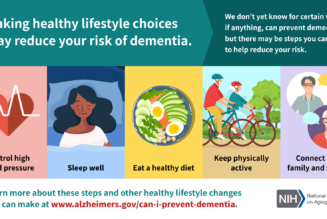
Contact:
Communications Office
NewsMedia@flhealth.gov
850-245-4111
Tallahassee, Fla. — Each year, the Florida Department of Health recognizes February as American Heart Month, a time to increase heart disease awareness and promote prevention and management at home and in our state. Public health officials are urging Floridians to keep their heart healthy and checking their cholesterol. Preventing high blood cholesterol, which is also called hypercholesterolemia, can lower one’s risk for heart disease and stroke.
“Living a heart-healthy lifestyle begins with knowing your risk factors,” said Lieutenant Governor Jeanette Nuñez. “With heart disease being the leading cause of death in the nation, we encourage Floridians to take preventative measures like getting wellness checks, exercising regularly, and knowing your blood pressure, to improve their overall health and well-being.”
“With good cardiovascular health, you look good, feel good, have more energy, and your immune function improves,” said State Surgeon General Dr. Joseph Ladapo. “Maintaining good cardiovascular health is an important personal goal for me as a dad, a physician, and as Florida’s Surgeon General. I encourage my fellow Floridians to stay active every day, whether a brisk walk or a fun swim, and to talk to their loved ones and health care providers about how to incorporate healthy habits into their lifestyle.”
High blood cholesterol, or hypercholesterolemia, is a leading risk factor for heart disease, stroke, kidney failure, and other health problems. An estimated 2 in 5 people in the United States have high blood cholesterol. Cholesterol can be measured by a health care provider, at a pharmacy, or home using a simple blood test.
According to the most recent American Heart Association guidelines, normal total cholesterol is less than 200 dg/ml. Hypercholesterolemia is total blood cholesterol that is greater than 200 dg/ml. Cholesterol consists of high-density lipoprotein (HDL, “good cholesterol”) and low-density lipoprotein (LDL; “bad cholesterol”), which can increase your risk for heart disease if you have low HDL and high LDL levels.
In addition to cholesterol, the risk of heart disease is increased by unhealthy diets, particularly those high in salt and added sugars and low levels of physical activity. Tobacco use is also one of the main risk factors contributing to around 10% of all heart-related deaths. Heart disease and cholesterol can be prevented and managed by practicing healthy living habits, such as eating healthy, staying active, not smoking, checking cholesterol, limiting alcohol use, controlling blood pressure, managing stress, and talking with one’s health care team. More information on how to manage cholesterol and prevent heart disease can be found on FloridaHealth.gov or flhealthsource.gov/healthier-you.
About the Florida Department of Health
The department, nationally accredited by the Public Health Accreditation Board, works to protect, promote and improve the health of all people in Florida through integrated state, county and community efforts.
Follow us on Twitter at @HealthyFla and on Facebook. For more information about the Florida Department of Health please visit www.FloridaHealth.gov.








